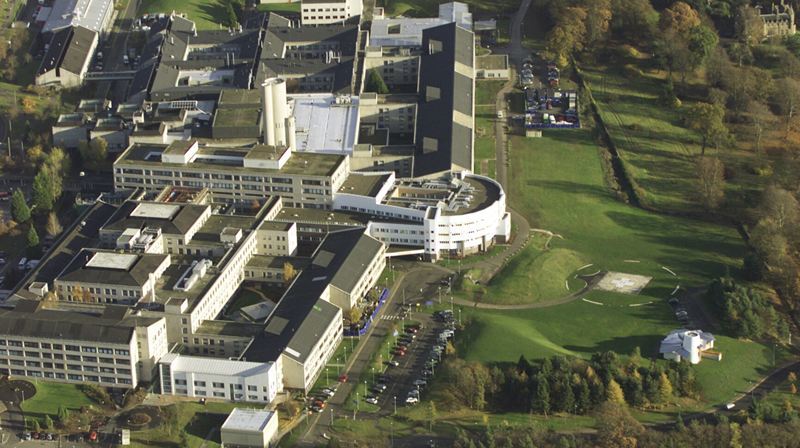Over 70 Ninewells Hospital nurses and healthcare assistants, caring for elderly patients, who were in limbo over the summer, have now been offered alternative jobs.
Just one part-time healthcare assistant from the group has still to be redeployed as a result of what is a major shake-up of elderly services at the site.
The staff were told there were not jobs for all of them in the new-look medicine for the elderly service.
The shake-up involves locating all medicine for the elderly beds in wards five and six on the hospital’s medical floor, which is expected to be ready for the change by the end of this month.
However, health bosses guaranteed staff would be offered alternative employment in the health service.
In a report to colleagues NHS Tayside chief executive Professor Tony Wells said the majority of staff were matched to posts in the new unit being established in wards five and six.
The equivalent of 13.4 whole-time staff could not be accommodated in the changed service and had to be found jobs elsewhere.
He said one remaining member of staff, a part-time healthcare assistant, still had to be “matched in to a post.”
As part of the planned changes, ward 31 at the hospital will cease caring for elderly patients.
The ward, where five elderly people died during a Clostridium difficile outbreak last year, has been dedicated to care of the elderly but is isolated from the main medical floor and next door to the children’s wards.
Alternative uses for the ward are under discussion.
No decision has yet been taken about its future use.
NHS Tayside’s deputy chief executive Gerry Marr previously insisted the changes were not a cost-cutting exercise and that even if he had “all the money in the world” the changes to elderly services would still go ahead because they were an improvement.
Professor Wells said the changes at Ninewells were part of a wider programme aimed at improving the care of older people.
“The programme aims to focus health care much more on the recovery and enablement of older people as opposed to responding to acute or crisis episodes of illness,” he said.
“The new service model will support care delivery that maximises independence and promotes recovery.”
